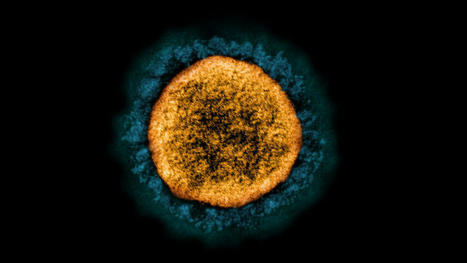Viruses need entry proteins to penetrate the cells where they will replicate. The severe acute respiratory syndrome coronavirus 2 (SARS-CoV-2) version is called the spike or S protein.
The S protein, also the target of the current vaccines, is quickly adapting to its new human hosts. It took its first major step in this direction early in 2020, when its amino acid 614 (of 1297) changed from an aspartic acid (D) to a glycine (G). Viruses bearing this D614G mutation transmit among humans more rapidly and now form the majority in circulation.
The work of Zhang et al. also reveals more about the natural history of the virus. The notable emergence of D614G suggests that the acquisition of a destabilizing furin site was a recent event. The virus could easily lose this site, as it does frequently in cell culture systems, implying that it in some way facilitates human transmission.
This is not a conclusion that most students of human coronaviruses would have anticipated, given that SARS-CoV-1, which transmits with reasonable efficiency, lacks this site, whereas the more distantly related MERS coronavirus bears this site and transmits poorly. How the SARS-CoV-2 furin site promotes new human infections remains a key open question in the field.
read the entire article at https://science.sciencemag.org/content/372/6541/466



 Your new post is loading...
Your new post is loading...








